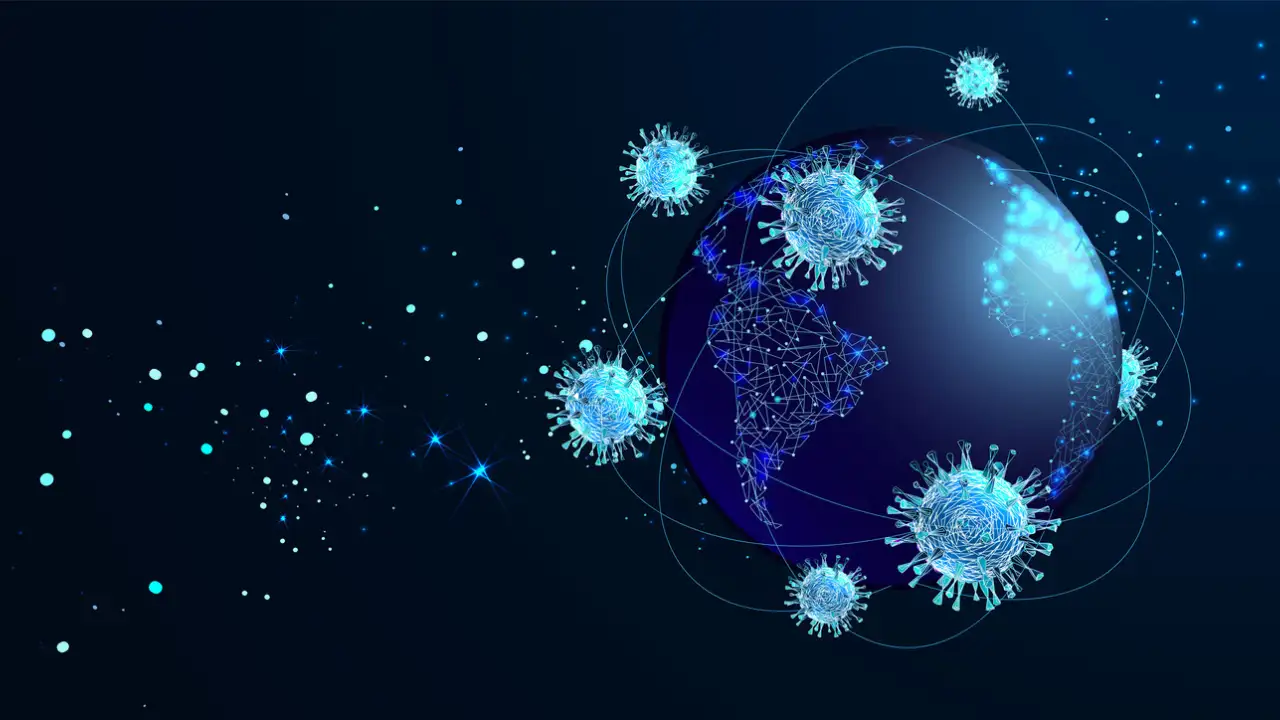
‘Maximum Alert’ Issued On Tiangong Space Station After Microbe Discovery Shocks Scientists
How did your country report this? Share your view in the comments.
Diverging Reports Breakdown
‘Maximum Alert’ Issued On Tiangong Space Station After Microbe Discovery Shocks Scientists
Scientists aboard the China’s Tiangong space station have discovered a brand-new bacteria strain which has never been seen on Earth before. The microbe, named Niallia tiangongensis, was found in a cabin area of the station and has shown the ability to survive and adapt to extreme space conditions.
Scientists aboard the China’s Tiangong space station have discovered a brand-new bacteria strain which has never been seen on Earth before. The microbe, named Niallia tiangongensis, was found in a cabin area of the station and has shown the ability to survive and adapt to extreme space conditions. A maximum alert was issued after the discovery, as reported by Elcabildo, due to concerns over how the bacteria might behave.
The bacteria is a variant of a known terrestrial strain, but has developed unique features that allow it to repair damage and manage oxidative stress caused by space radiation and the vacuum of space. The discovery was made by researchers from the Shenzhou Space Biotechnology Group and the Beijing Institute of Space Systems Engineering, reported Elcabildo.
The findings, published in the International Journal of Systematic and Evolutionary Microbiology, aim to help scientists better understand how microbes behave during long-term space missions. This research is considered important for maintaining astronaut health and ensuring the safety of spacecraft systems, which can be affected by microbial growth, as per Elcabildo.
According to the China Manned Space Agency, the results are part of a “harvest of exceptional findings” that connect microbial genetics and metabolism with practical space applications.
Studying how bacteria respond to harsh conditions in space could lead to new breakthroughs on Earth as well, including possible medical and biotechnological advances like antibiotics, radiation protection therapies, and durable biomaterials.
Maximum alert after a group of scientists from China’s Tiangong space station discover a new type of bacteria
Chinese scientists aboard the Chinese space station Tiangong have found a new bacterial strain. They have named it Niallia tiangongensis, which is a new variant of a known terrestrial bacterium. The bacterium was discovered in a cabin that was located on the space station itself. The work of these researchers is to understand how the strain can survive in space, and thus enable scientists to develop very specific strategies to control microbes.
Now, Chinese scientists aboard the Chinese space station Tiangong have reported that in one of their experiments they have found a new bacterial strain, a strain they have named Niallia tiangongensis, which is a new variant of a known terrestrial bacterium. The bacterium was discovered in a cabin that was located on the space station itself.
Cristiano Ronaldo comes face-to-face with a man identical to him and can’t contain his shock
Understanding the characteristics of microbes
This discovery was made by the Shenzhou Space Biotechnology Group and the Beijing Institute of Space Systems Engineering, and was published in the International Journal of Systematic and Evolutionary Microbiology. The study being carried out on the Chinese space station was to understand the characteristics of certain microbes on long-duration space missions, something that is essential to be able to protect the health of astronauts and, in turn, maintain the reliability of spacecraft systems.
Elephant seal returns to the ocean after wandering Cape Town
With the discovery of this new strain, it has been found to have unique mechanisms to adapt to the extreme space environment, and has been shown to have the ability to combat oxidative stress (an imbalance that damages cells and tissues) and is also able to repair radiation-induced damage.
Now, the work of these researchers is to understand how the strain can survive in space, and thus enable scientists to develop very specific strategies to control microbes beyond the atmosphere. Once the discovery was revealed, the China Manned Space Agency indicated that this research will generate an exceptional harvest of findings on microbial activity, genetics and metabolism, knowledge that could be translated into innovative uses on our planet.
